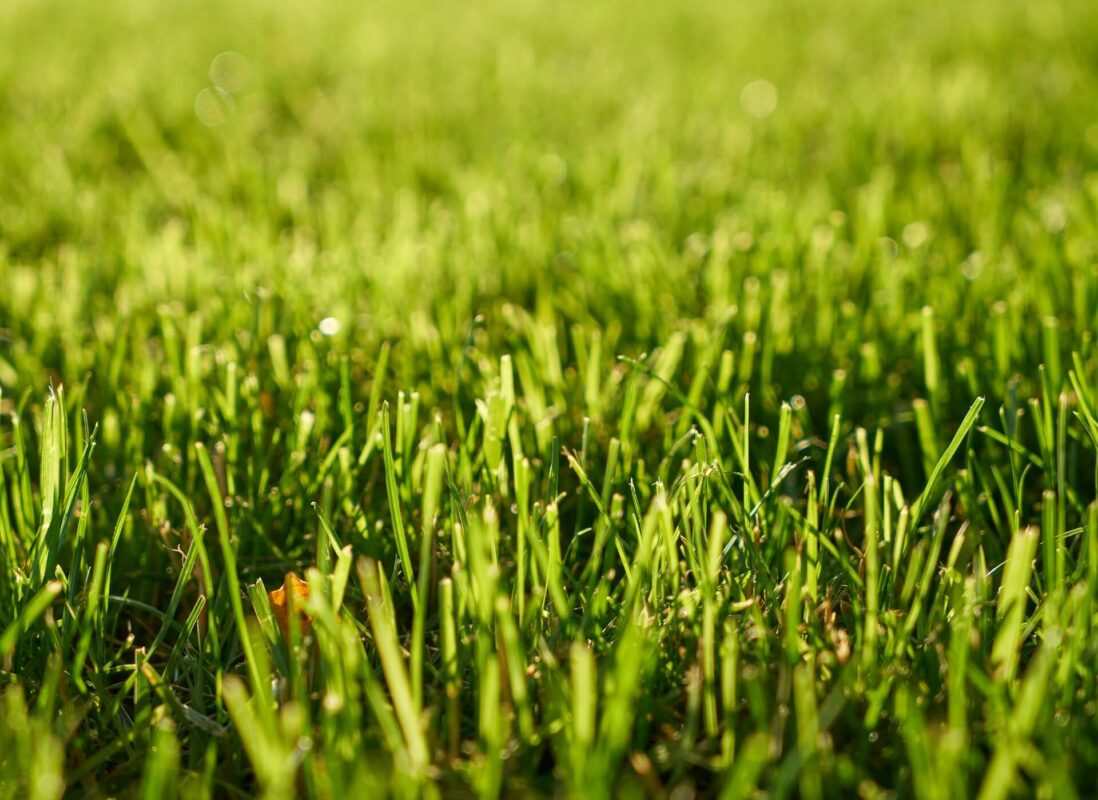How to Remove Lawn Grass Without Using Chemicals

This week’s blog post is a little different. While I usually discuss subjects that help homeowners create and maintain beautiful lawns and gardens, this week I’m going to talk about some good ways to kill your lawn. That’s right, lawnocide. There are many reasons why you may want to end the life of your lawn grass. Perhaps you’ve moved into a new house where the previous owner neglected or mismanaged their lawn, and you’d like to start over fresh. Maybe you’ve become fed up with water bills and want to replace a high-water using lawn with a more drought tolerant grass. It could be that you want to transform an area of your lawn into a flower, vegetable or herb garden. Whatever the reason, there are some great ways of getting rid of your current lawn without resorting to herbicides; chemicals that may contaminate waterways, upset delicate soil chemistry or harm sensitive individuals.
Solarization
One way to kill off a lawn without chemicals is through a process called solarization. Solarization harnesses the sun’s energy to heat up the soil to temperatures as high as 140 degrees F. For this method you’ll need some heavy-duty clear plastic sheets, available at most home improvement or hardware stores. Black plastic sheets also work. First cut your lawn as short as possible. After this, spread the plastic sheets on the area of your lawn you wish to remove. Seal the edges of the sheets as tight as possible, either with stakes, rocks or something heavy that will not blow away. Leave it in place for 6-8 weeks. After the grass has completely died, rototill the dead sod under. While solarization does a great job killing the lawn, it can also remove beneficial microorganisms. Replenish these soil microbes by tilling in high quality topsoil, organic matter and a slow-release organic starter fertilizer. Also make sure the seed you replant with has been treated with a mycorrhizal inoculum.
Layering
Layering, or sheet composting, is another effective way to kill your grass without chemicals, but is more practical for smaller areas. Again, you’ll want to mow your lawn as short as possible before starting this process. You’ll need lots of newspaper or cardboard and some compost and/or topsoil. If using newspaper, spread it over the area about 12 layers thick. If using cardboard, one or two layers are sufficient. Overlap the edges like shingles on a roof until the area is completely covered. Water the paper or cardboard lightly and then cover everything with six inches of compost and/or topsoil. After two months the buried grass should be completely dead and will start to decompose along with the paper or cardboard. You can then reseed directly in the fresh soil.
Physical Removal
Physical removal of the old lawn is another option, though often the most labor intensive. This can be accomplished by renting a sod cutter. By running a sod cutter across your lawn, you can remove the lawn in strips. Once the lawn has been stripped away, you can add some topsoil and compost. Till it in for best results. Note that this method isn’t the best choice for aggressive grasses that spread by stolens and rhizomes such as bermudagrass, zoysia grass and bahiagrass. Removing only the top few inches won’t completely remove these grasses and they will grow back. For these grasses, solarization is the best non-chemical option.
